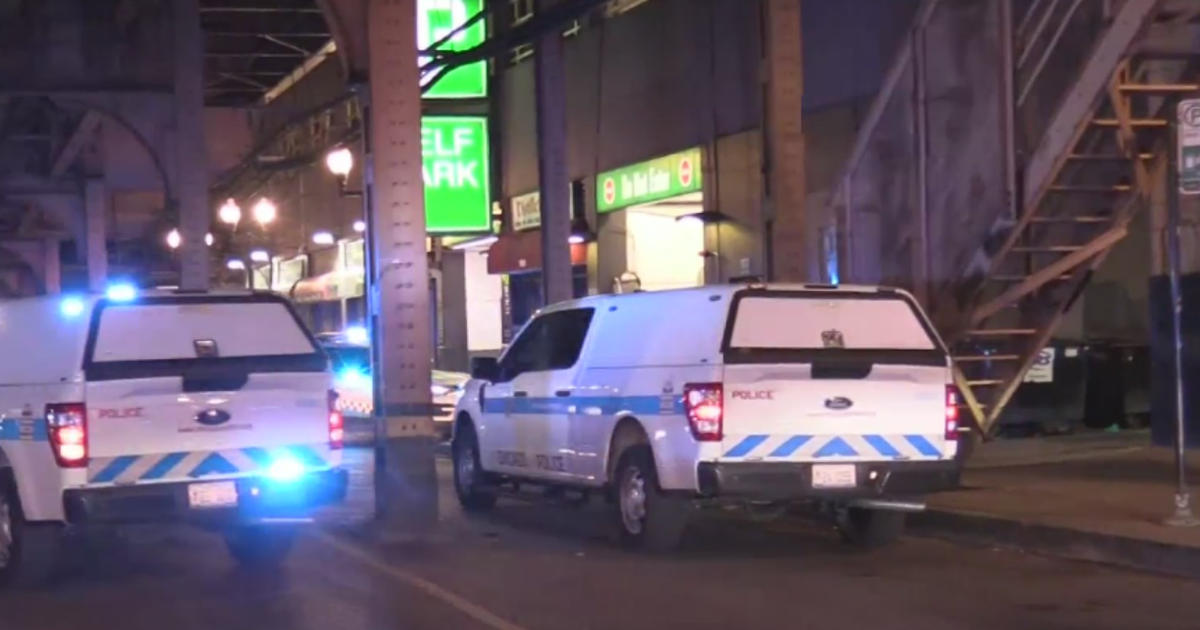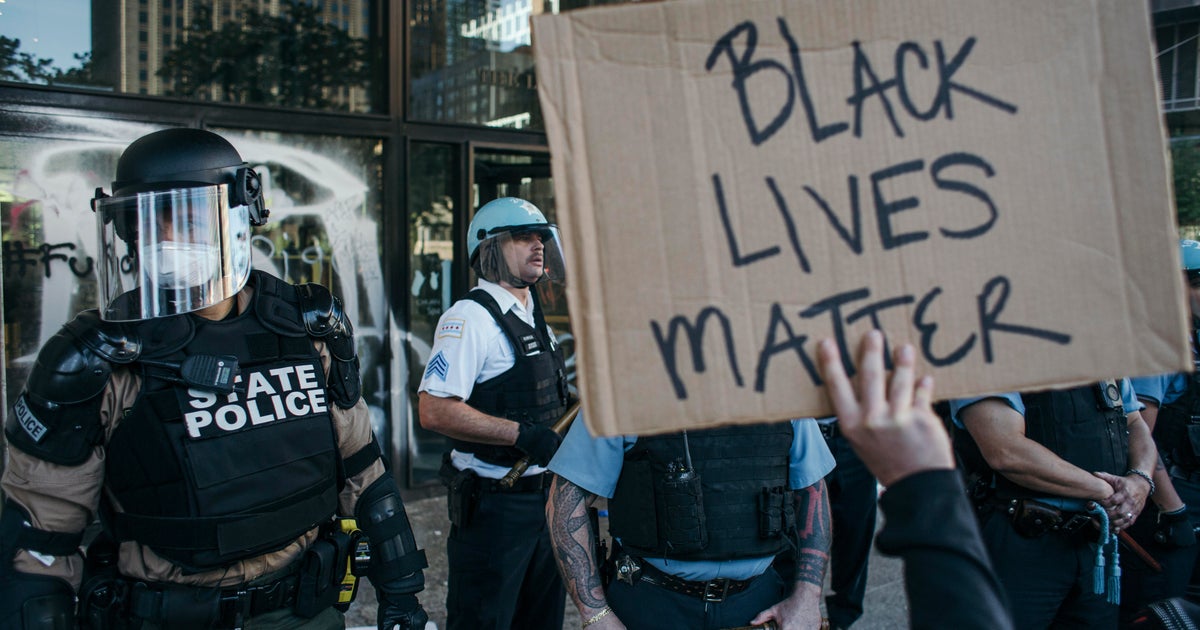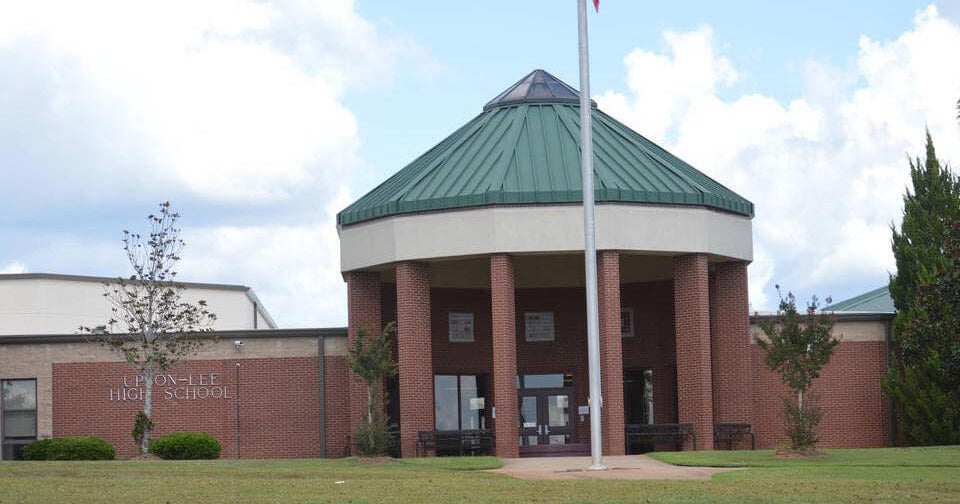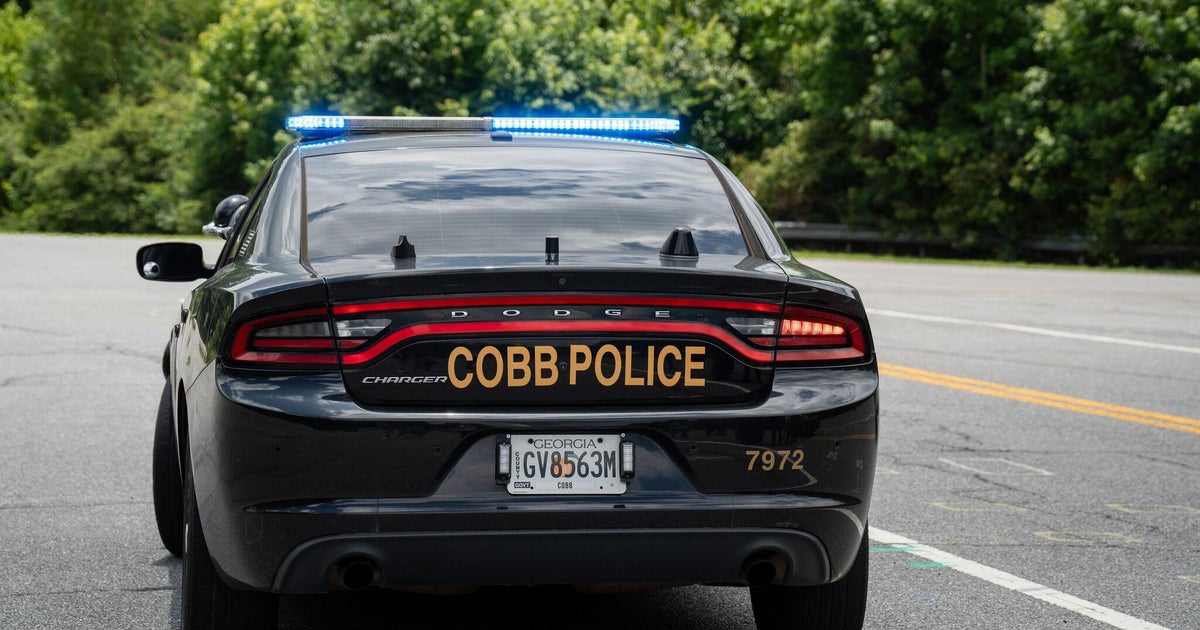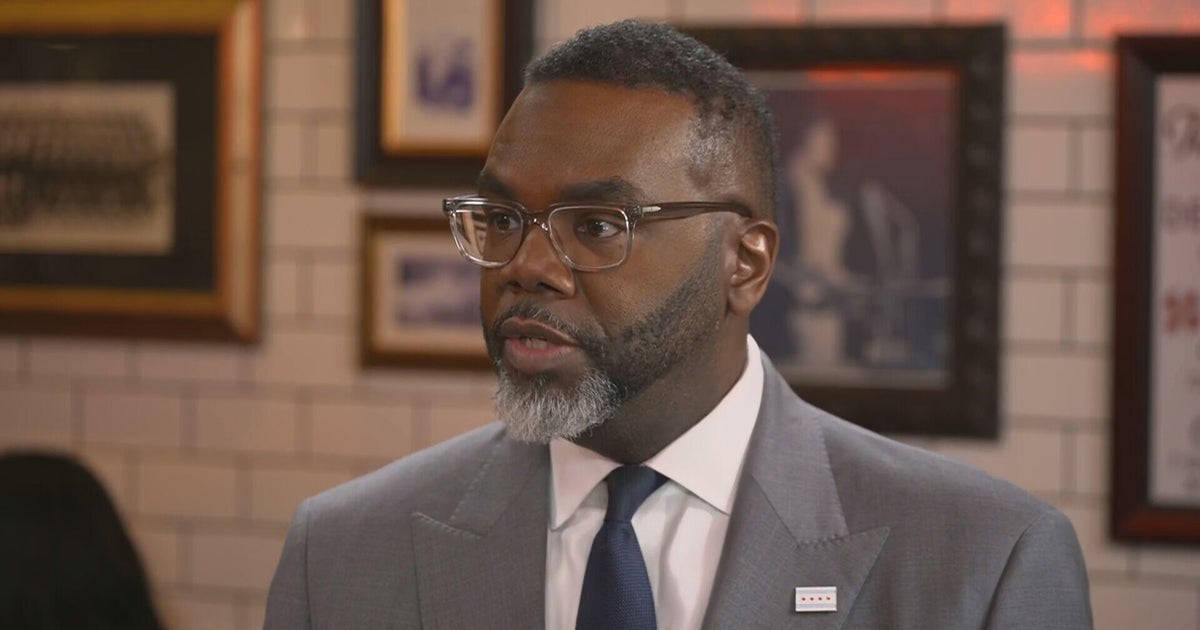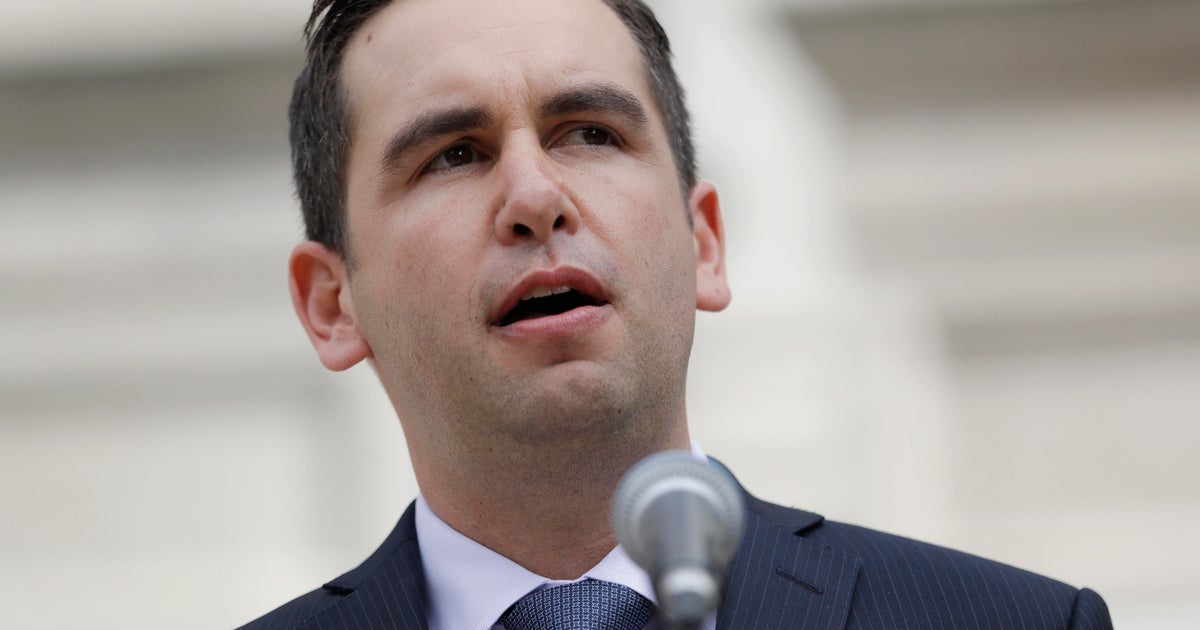Chicago aldermen discuss disproportionate violence against Black women
CHICAGO (CBS) -- A Chicago City Council committee hearing on Wednesday focused on missing and murdered Black and brown women and girls and CBS News Chicago's investigation into the overall victimization of Black women.
CBS News Chicago Investigator Dorothy Tucker was asked to present findings related to that series of reports before the council's Public Safety Committee.
Committee members saw CBS News Chicago's analysis of more than 20 years of data, which revealed in 2022 that nearly 30% of all crime victims were Black women, even though they make up just 16% of the city's entire population.
Black women in Chicago also represented 24% of property theft victims, 38% of battery victims, and 40% of rape victims.
Ald. Stephanie Coleman (16th) spoke about her reactions to the findings.
"I wasn't numb to the fact that we as Black women make up 16% of this population, of Chicago's population, however we are a third of [the victims of] every act of crime in the city," she said. "We as Black women, we suffer in silence, and the days of suffering in silence when acts of violence have been committed to us is no more. That's why today is happening."
A Chicago police commander spoke about changes coming on the horizon to help improve transparency and the handling of missing and murdered cases involving women and girls of color.
CBS News Chicago spoke with Mayor Brandon Johnson who talked about his plans to find solutions more broadly to help Black women in Chicago.
"This is a moment where we can actually take the information that you've been able to uncover and put forth policy and true investments to address it," Johnson said. "Because that is my responsibility, as a husband, as a father, as a son, as the mayor of the city of Chicago to protect our Black women and our Black girls."
When asked about how he intends to reach his goal of creating policies and investments to protect Black women, Johnson said it starts with a task force filled with a variety of voices from police to community members to those who are closest to the pain, the victims and survivors.
"This full force, holistic approach that we're taking - behavior, health, education, financial support, housing - that's the full throttle of support that I promised that I would make," Johnson said. "Investing in people, and particularly Black women and girls."
